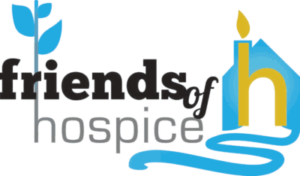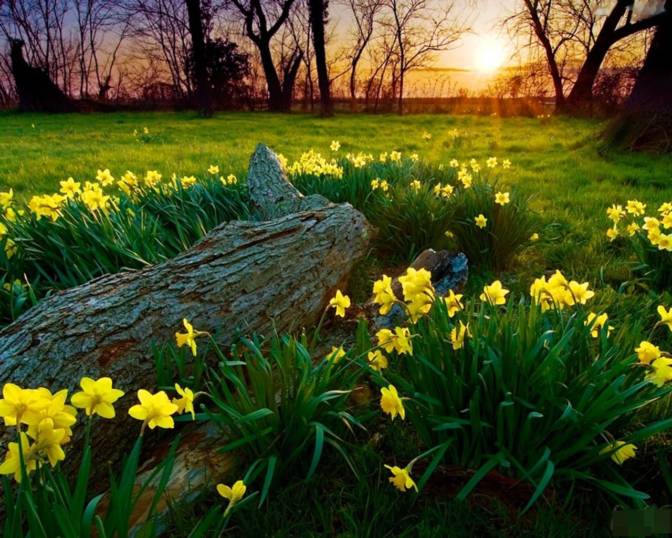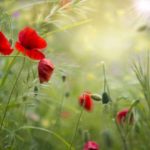I am, perhaps, not the first person you’d peg as having a serious interest in talking about and studying death. In my late twenties, my experience with what one might call “tragic death” has mostly been once removed. I have never witnessed a death, accidental or otherwise. I have never dealt with the bottomless pit of grief that comes with losing a partner, a parent, a child. The deaths that have hit closest to home for me are my great-grandparents, seven of whom were alive when I was born, and are now all dead. I love my great-grandparents, but the experiences of their deaths were more of closure and finality than tragedy.
So, I don’t have a lot of close experience with death, compared to some folks. But I certainly will. Though my direct experience with the process of dying and grief is limited, it is something we all must go through at some point. Truth can be awfully hard to pin down, but if I’ve ever heard truth, it’s this: all life will eventually die. You and I both, and everyone we know and love.
I started to understand this truth in college, when I had the opportunity to work with and learn from human cadavers during an anatomy lab. This was a powerful experience spurring me to think hard about the embodied nature of my own life and to grapple with the reality that it will eventually end, and all that will be left is my body. And not only will this happen to me, it will happen to everyone. Death and taxes, right?
This recognition of death grew into a deep drive to examine it more closely. As an anthropologist, I became fascinated with the simultaneous universality and individuality of the experience of death, and I have pursued multiple research projects related to this fascination. Human cultures throughout history and time have developed such unique and powerful ways of dealing with the emotional, social, and physical ramifications of death. But even within the same group, people understand and relate to death very differently. This was manifested powerfully at the Death Café I attended in March, which was hosted by Friends of Hospice.
Complete strangers came together in a welcoming space to discuss one of the deepest, most painful, and confusing of human experiences. I was a bit nervous joining this conversation, as someone with so little direct experience of the pain and struggle of mourning. I am sometimes afraid that people will interpret my enthusiasm in talking about death and dying as trivializing the experiences of people who have dealt with it on a very personal level. But this experience confirmed for me how essential it is to have these conversations at all levels of experience, and that the most important thing when engaging with the topic of death is to do so humbly and with a willingness to simply listen and empathize.
Some of the people who attended the Death Café have lost very close family members and friends, and some have had experiences more like mine. We all had very different ways of relating to and finding meaning in the experiences we’ve had. But there was no tension in that difference. No one pointed their finger at another and said, “Your experiences and perspectives aren’t valid because you have grieved differently or less than I have.” No one felt trivialized by those of us who have less experience with mourning. No one seemed threatened that we all understood death in a different way. Instead, we nodded along with each other, understanding that our experiences are different and perhaps strange to others but they are ours and they run deep.
Our conversation ranged from our experiences with the deaths of others, to our understanding of our own mortality. We discussed how we’ve memorialized the loved ones we’ve lost, and how we’d like to be memorialized someday. It wasn’t an easy conversation, by most standards. It is uncomfortable to try to find language for feelings so personal and rarely talked about in regular company. But there was no discomfort from judgment or being singled out. As we went along, there was only a sense of growing camaraderie, of comfort in the presence of others, of the safety of the space to feel deeply for myself and those around me.
I don’t know if I will meet most of my fellows from the Death Café again, but I think of them with gratitude and trust after the two hours we spent together. I left feeling humbled and edified. It wasn’t an easy or comfortable conversation, but it was such an important one. Rarely have I felt such a deep connection with people I don’t know. Rarely have I had an experience where a group of strangers have been so emotionally vulnerable with each other.
It’s been almost two months since the Death Café, but I still dwell on that experience. It was a reminder that death is indeed both a highly individual experience, and a powerfully unifying one. Death can be so isolating, so lonely, so individual. But each one of us has dealt with it, or will someday. We aren’t alone in that experience, unique though it is.
But we so rarely talk about it. Every day conversations almost never include a deep discussion of the pain of death. Hardly ever do we talk about how closely we live with the deaths of those we love every day. Almost never do we have the opportunity to simply say, “This is what I want to happen to my body after I die.” And these conversations are so important. Our experience of life is wrapped up in death. There is nothing more certain than this fact: We will all die. How this happens is filled with uncertainty, but it is absolutely sure that it will happen. And we do ourselves a disservice by continuing to avoid these hard, uncomfortable, painful conversations.
Death is an essential part of the human experience. It may never be easy or comfortable but we don’t have to be alone in our experience of it. If I took anything away from this Death Café, it is that death can bring people closer in so many ways, without a single person having to sacrifice their personal understanding or experience of it. And I am so grateful for that lesson.
Guest Blog by March 2017 Death Café attendee. Watch for our next Death Café date and time on our calendar.
Editors Note: Talk & Treats Death Café is patterned after the model found on http://deathcafe.com. It will be held around Whitman County throughout the year. As stated on their website, “At a Death Cafe people drink tea, eat cake and discuss death. Our aim is to increase awareness of death to help people make the most of their (finite) lives.”





